 Oran, Algeria
Oran, Algeria
Athanasiadis, English on one side, Greek from Trebizond and Niğde in central Anatolia via Constantinople on the other, is a talented photographer, videographer and documentary-maker, a writer, political analyst, and television producer who’s worked throughout the Jadde world from Algeria to Afghanistan, an environmental activist, blogger (see, for Greek-speakers, Τι χαμπέρια από την Πόλη (“What’s new in the City” …Istanbul), fluent in Arabic and Farsi, a good eater and drinker (which readers by now know is a prerequisite for my taking you seriously), a loyal friend and just all-around cool guy to know.
I bumped into Iason on line (I tried calling him “Jason”, which would be a little more οἰκεῖο for me, like a Jewish kid in New York I might have gone to high school with, plus it would save me from declension dilemmas: like should it be: “I bumped into Iason-a…”?, but he set me “straight”) when he posted a piece back in 2015 on Yianes Varoufakis, the economist that Syriza had as finance minister back then and who they hung out to dry as soon as he became inconvenient. It wasn’t so much the Varoufakis coverage itself that grabbed my attention, but the larger context he put the man in, as I expressed at the time in “Varoufakis, a dead Greek cosmopolitanism, and a Greece that now has nothing else“:
What was most interesting — and most gratifying, though it confirms a sad truth about the Greek statelet — is that Athanasiadis chooses to portray Varoufakis as a product of a giant Greek Diaspora that the twentieth century, and twentieth-century nationalism, destroyed:
“He [Varoufakis] is also a kind of Greek largely eclipsed from the international stage since the 1960s; polyglot, adventurous, and hailing from a lively and vibrant Greek diaspora before it solidified into small-minded communities nurturing a parochial definition of Hellenism fossilised sometime circa 1950. Varoufakis’ father was born and grew up in Cairo’s fabled Greek community, directs a major Greek metallurgical interest, and maintains an interest in Hellenistic civilisation on the Mediterranean seaboard.”
and
“Varoufakis seems to hail from another Hellenism, the one defeated at the end of the 19th century when politics and circumstance conspired to ensure that the Hellas that entered the 20th century was narrowly defined by national borders, rather than the spread-out Greek-speaking cosmopolitanisms of North Africa, the Levant and Anatolia.
“Always a protectorate of the West, modern Greece was trapped by small-minded nationalisms (including its vendetta with post-Ottoman Turkey), resulting in the homogeneous and small-minded parochialisms from which the Golden Dawn impulse springs today.”
[my bold emphases in all of above]
Yes, thanks, Iasona… For stating so clearly what the essential thesis of this blog is: that Hellenism was, and is, doomed in many ways since it contracted into an EBSN (ethnicity-based nation-state). The sad truth is that the economic and cultural loci of the Greek world were always outside the Helladic peninsula (see my: “Upon escaping from Greece…“ from this past September and myriad other posts) from early Classical times until the 1960s.
Anyway. Though he constantly puts out beautiful photography, there was something about his photos from Algeria this past spring — probably because they captured the beauty of late winter in the Mediterranean, before everything gets zapped brown by the summer heat – that made me want to share his work and draw deserved attention his way.





For some reason, I’ve never been particularly drawn to North Africa intellectually or culturally, but these photos sparked something. I sat and watched Pontecorvo’s Battle of Algiers again the evening these were posted. And looking for some time and circumstance when I can go see for myself.
And as if they weren’t enough, then a real revelation to me: that Tunis, a city Iason loves dearly, is a kind of Mediterranean Havana, crumbling but gorgeous. He calls the selection Love Song to Tunis: Nostalgia for the Present:
















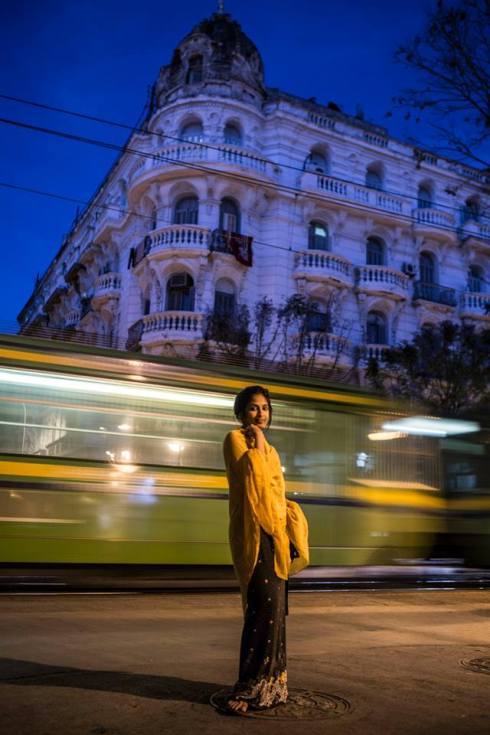

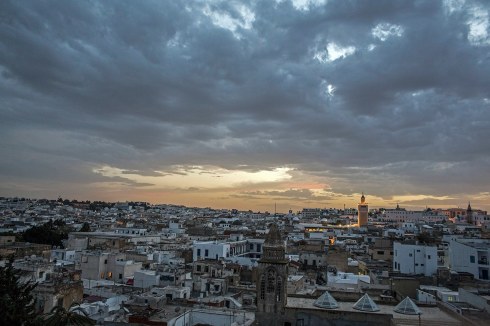



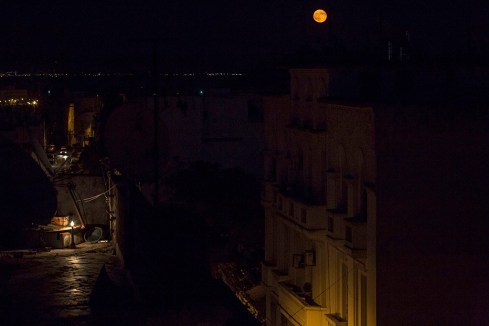





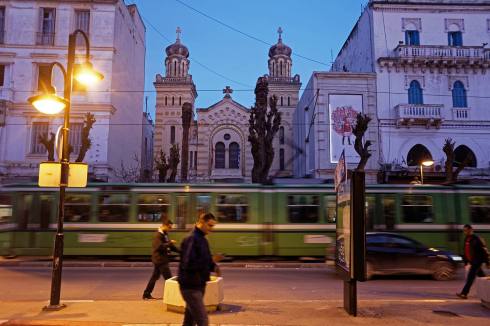
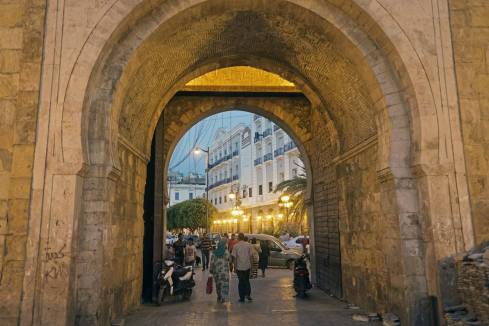
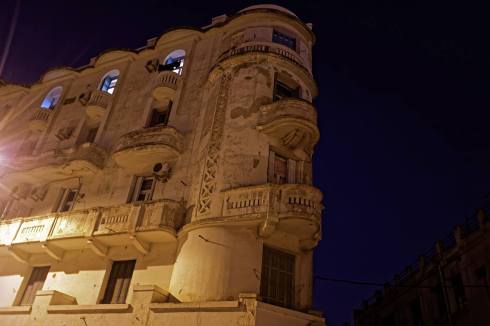



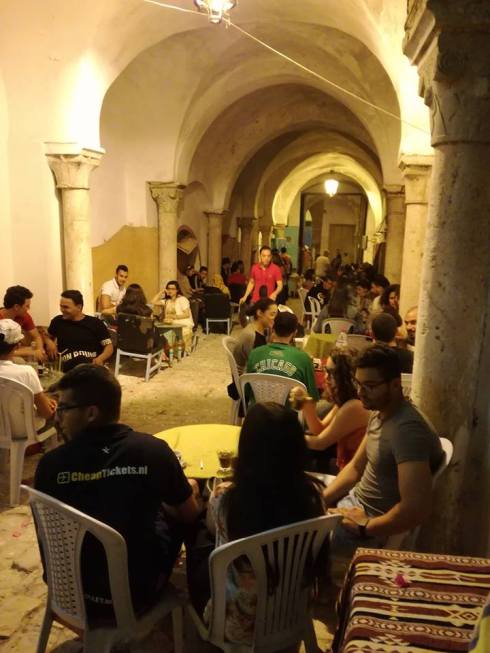

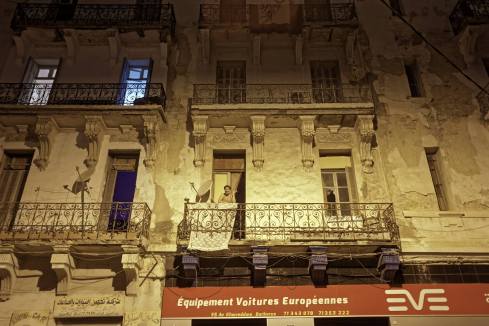


Then he recently took a trip to what in Greek we would call my “specific homeland” — Epiros. And my ego is already flattered when someone wants to visit what till recently was an unfairly ignored part of the country (or will tourism now ruin it?); when Iasonas captures its spirit and its magnificent grey/green emptiness I’m particularly moved:
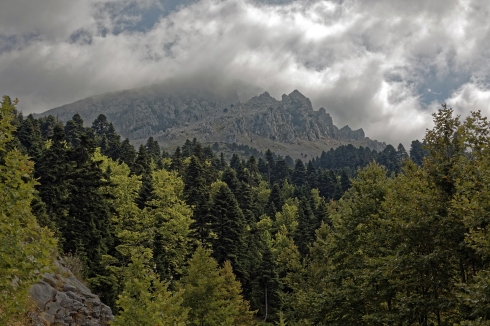











Check out more of Iason’s work on his Facebook page; and I’ll be bringing you more here as well.

–
Comment: nikobakos@gmail.com
–

3 Responses to “The phenomenal photography of Iason Athanasiadis”